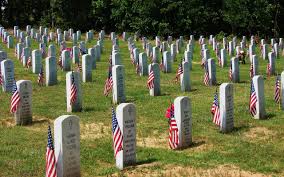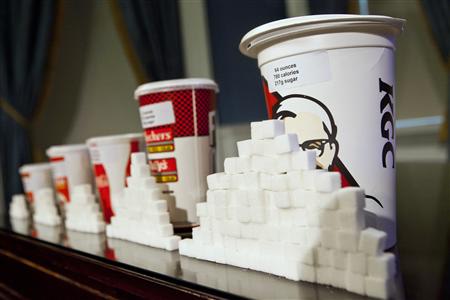Today I got the opportunity to look around at what some seniors have been doing on senior project. One booth particularly caught my eye. Several student had done a project on designing T-shirts. The reason I was drawn to the booth was one design in particular, which had giant letters, shown as cutouts of a $100 bill, saying "live like the 1%". Below these words is a depiction of a sailboat and a golfer.

In my opinion, wearing this shirt would be an incredibly disrespectful way of flaunting wealth. "Live like the 1%" implies that living in any other way would be wrong. It's going so far as to say that they way 99% of Americans live is incorrect because they don't have as much money as the 1%. The wearer of this shirt would be conveying the message to me that he sees himself as better that everyone who doesn't fit into the same elite group that they do. And if you do happen to live incorrectly, like almost all of America apparently does, Benjamin Franklin's eye will be watching you judgmentally from behind the "K".
The fact that the shirt says "1%" instead of something like "the wealthy" also heightens the elitist nature of the shirt. If someone begins to live their life "correctly" and moves up into the 1% of the population that does, then whoever was at the bottom of the 1% is kicked out. Its as if the way you live your life is not as important as the fact that you live better than 99% of people.
I also think the images they chose to put on the bottom are fascinating. Golf and sailing. It's strange to me that this is what they chose to somehow represent what living like the 1% is. Neither of these things have very much to do at all with acquiring money, but isn't the 1% based solely on money? This to me highlights the negative stereotypes of people in the 1%, that they don't really work for their money or contribute to society and only partake in leisurely activities like golf and sailing.
I sincerely hope for all involved that this shirt never comes within a mile of any occupy protest.






